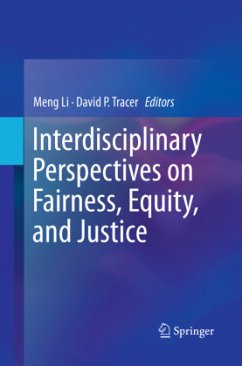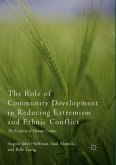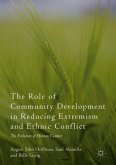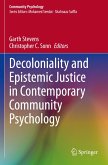This volume brings together cutting-edge research from emerging and senior scholars alike representing a variety of disciplines that bears on human preferences for fairness, equity and justice. Despite predictions derived from evolutionary and economic theories that individuals will behave in the service of maximizing their own utility and survival, humans not only behave cooperatively, but in many instances, truly altruistically, giving to unrelated others at a cost to themselves. Humans also seem preoccupied like no other species with issues of fairness, equity and justice. But what exactly is fair and how are norms of fairness maintained? How should we decide, and how do we decide, between equity and efficiency? How does the idea of fairness translate across cultures? What is the relationship between human evolution and the development of morality? The collected chapters shed light on these questions and more to advance our understanding of these uniquely human concerns.
Structured on an increasing scale, this volume begins by exploring issues of fairness, equity, and justice in a micro scale, such as the neural basis of fairness, and then progresses by considering these issues in individual, family, and finally cultural and societal arenas. Importantly, contributors are drawn from fields as diverse as anthropology, neuroscience, behavioral economics, bioethics, and psychology. Thus, the chapters provide added value and insights when read collectively, with the ultimate goal of enhancing the distinct disciplines as they investigate similar research questions about prosociality. In addition, particular attention is given to experimental research approaches and policy implications for some of society's most pressing issues, such as allocation of scarce medical resources and moral development of children. Thought-provoking and informative, Interdisciplinary Perspectives on Fairness, Equity, and Justice is a valuable read for publicpolicymakers, anthropologists, ethicists, psychologists, neuroscientists, and all those interested in these questions about the essence of human nature.
Structured on an increasing scale, this volume begins by exploring issues of fairness, equity, and justice in a micro scale, such as the neural basis of fairness, and then progresses by considering these issues in individual, family, and finally cultural and societal arenas. Importantly, contributors are drawn from fields as diverse as anthropology, neuroscience, behavioral economics, bioethics, and psychology. Thus, the chapters provide added value and insights when read collectively, with the ultimate goal of enhancing the distinct disciplines as they investigate similar research questions about prosociality. In addition, particular attention is given to experimental research approaches and policy implications for some of society's most pressing issues, such as allocation of scarce medical resources and moral development of children. Thought-provoking and informative, Interdisciplinary Perspectives on Fairness, Equity, and Justice is a valuable read for publicpolicymakers, anthropologists, ethicists, psychologists, neuroscientists, and all those interested in these questions about the essence of human nature.








